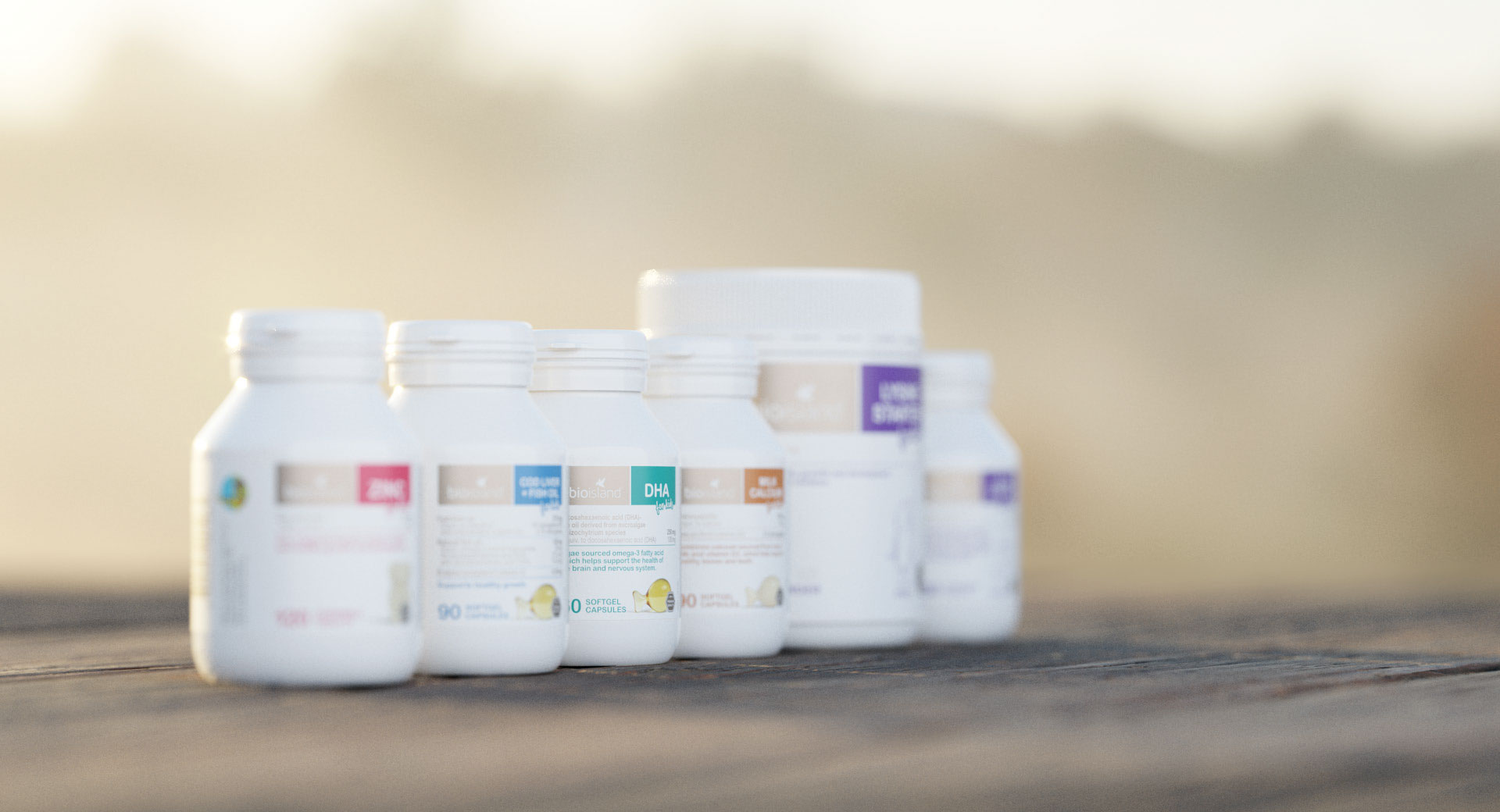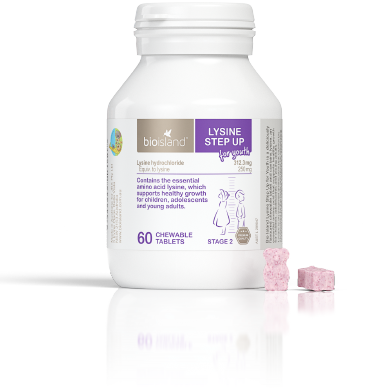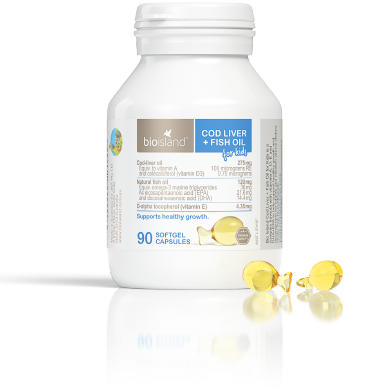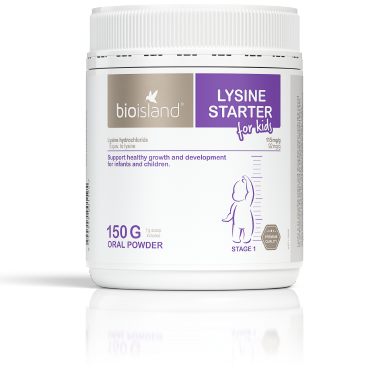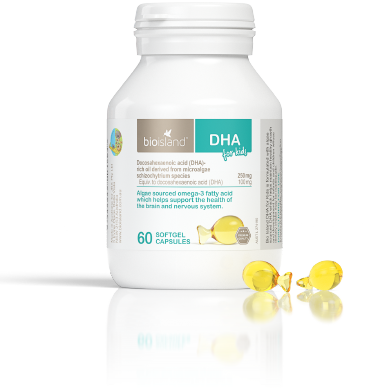
What is water weight? What impact does it have on the body?
Water weight or also known as edema is when the body retains fluid instead of releasing it through urine or sweat.
By Bio Island Nutrition Team
Water makes up 50 to 60 percent of an adult’s total body weight. Any additional water held in the body is referred to as water weight. Water weight or also known as edema is when the body retains fluid instead of releasing it through urine or sweat. Your body will hold the extra water between your organs, extremities and skin and will generally give an indentation on the skin when pressed for a couple of seconds.
Symptoms include:
- Bloating
- Puffiness, generally in the legs, arms or abdomen
- Uncomfortable sensation
- Weight fluctuations
Health or lifestyle issues related or that can cause retention:
- Heart, liver or kidney disease. As these diseases can disrupt the normal blood flow of the body and result in excess water retention.
- Dehydration will make the body hold onto extra water. If the body feels that water is limited it will hold onto any water intake until it feels that everything is functioning correctly again.
- Pregnancy can cause extra water to be retained and this isn’t a bad thing as its there to support mum and bub. In pregnancy it will usually occur in the hands, feet and ankles and is mainly due to the change in hormones.
- A sedentary lifestyle can cause circulation problems which then result in numerous health issues. As the blood vessels become weaker and loose strength, they find it harder to push blood around the body and therefore allows water to pool in certain sections of the body.
- Food choices that are high in salt and a high carbohydrate diet will cause water retention. The more salt you put into the body the more water it needs to balance the ratio. For every gram of carbohydrate, you will retain 3 grams of water, therefore that’s why after eating pasta or pasta you feel 3 times your size.
- Also, potassium and magnesium deficiencies can cause water retention.
- Medications such as anti-inflammatories and some oral contraceptives can cause water retention as a side effect. Always consult your doctor if you have any concerns of this.
Ways to reduce water weight:
- Reduce sodium intake, too much sodium generally will always cause some water retention. This is because the body needs to keep a sodium to water ratio balance, so the body can function correctly.
- Drink more water. This will counteract the retention and encourage the body to flush out the excess water.
- Vitamin B-6 or magnesium oxide is effective in reducing water retention. These supplements are effective for relieving swelling in the legs and bloating in the abdomen.
- Exercise is another great way to relieve excess water. Sweat will cause water weight to drop immediately. As a workout stimulates blood flow and circulation it will help reduce any build-up of fluid.
Water weight is generally a temporary symptom and will go away on its own, and doesn’t cause to much impact to the body apart from giving an uncomfortable sensation and bloating.. Extreme water weight should be handled by a doctor as there may be more underlying issues. Look at your lifestyle factors that may be influencing the gain and take action from there.
This information does not take into account your personal situation and is general in nature. You should consider whether the information is appropriate for your needs and seek professional medical advice.
Always consult your healthcare professional before taking any supplements or if any concerns arise.
